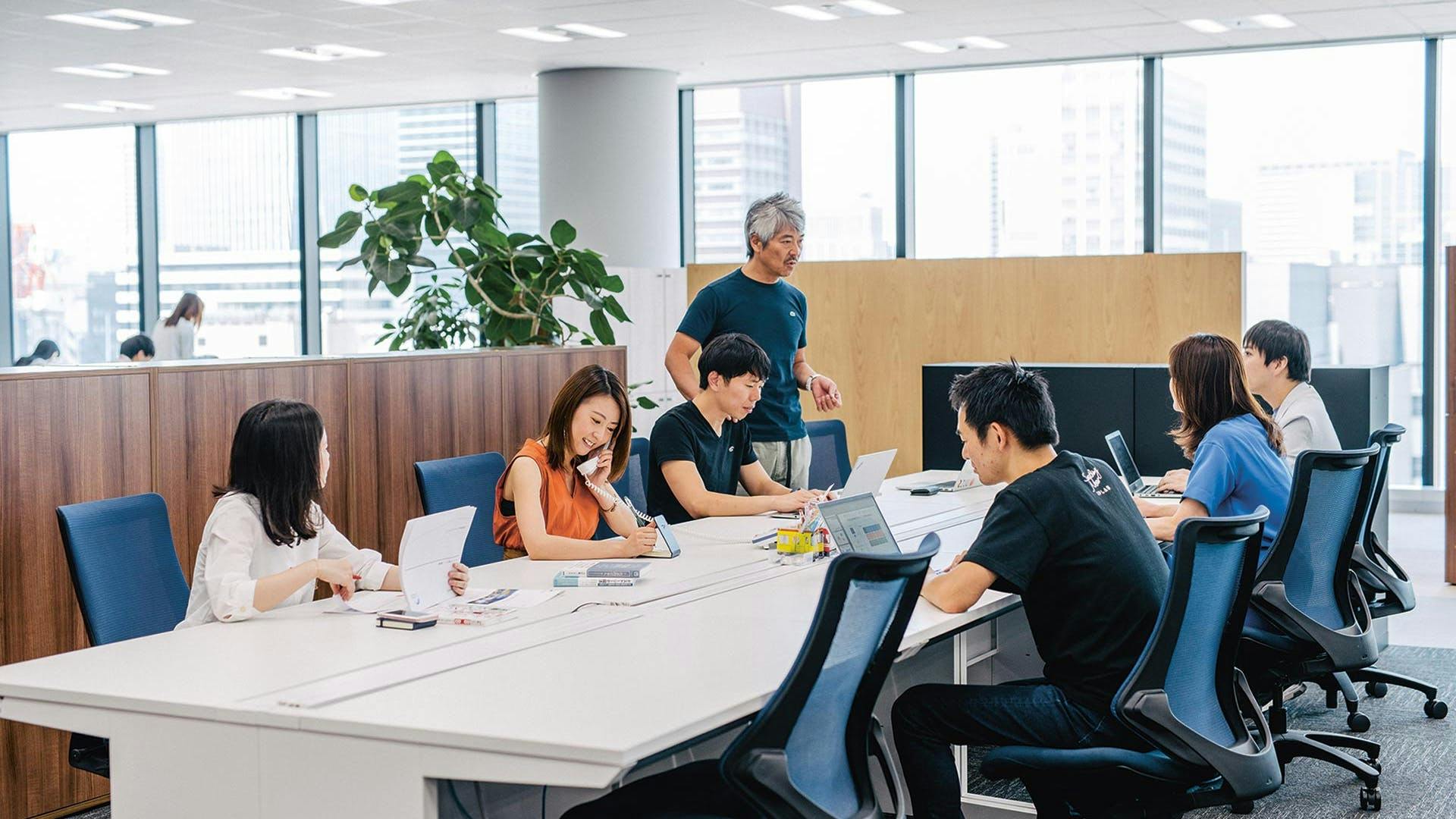Nine emerging startups in Tokyo
apan’s work culture has often been described as traditional in every sense of the word— prizing corporate careers, rigid hierarchies and long working hours. However, with shifting attitudes toward entrepreneurship and the country’s legacy in tech innovation, the country’s capital, Tokyo, is drawing more and more international attention from entrepreneurs and investors around the world.
Supporting entrepreneurship hasn’t always been high on the country’s agenda. Nevertheless, Japan’s historic reputation of always being one step ahead paves the way for its significant network of partners, accelerators and investors that can help startups reach their potential and later, flourish. These nine emerging startups can also pave the way for Tokyo as the capital to begin tackling Japan’s startup scene in more positive and developing ways than one. All of the startups are featured in our Startup Guide Tokyo book which can be purchase online here.
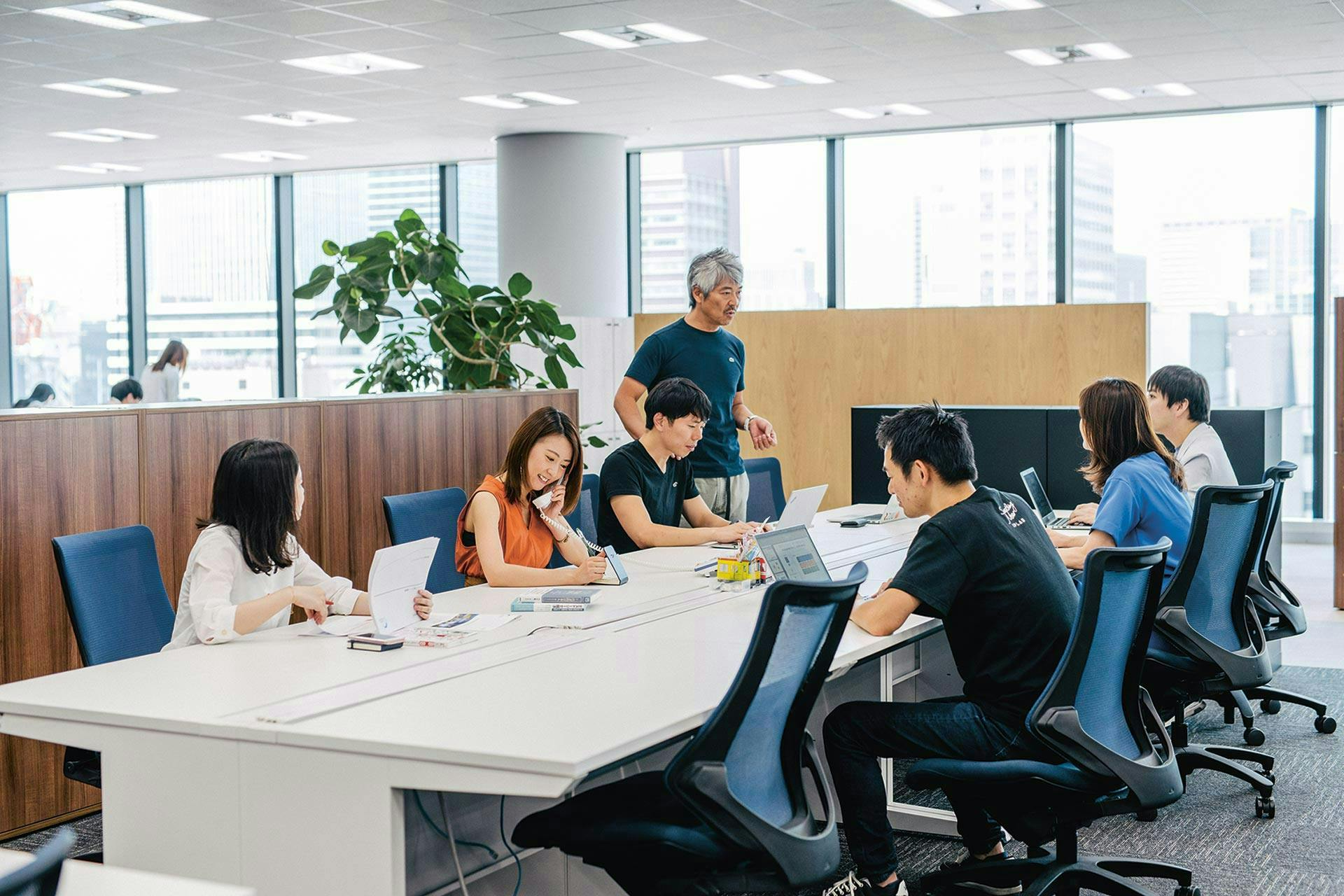
This startup was envisioned when founder, Yoichi Suzuki, learned about aerodynamics using hot air balloons, and later drones, to photograph skyscrapers. The idea for the startup questioned how to keep drones balanced and stable. The solution? Separating the flight parts and the cargo-bearing sections, then connecting them with a structure that would allow for each part to move on its own accord. Aeronext eventually launched in 2017, aiming to make this type of aero technology the standard for unmanned aerial vehicles.
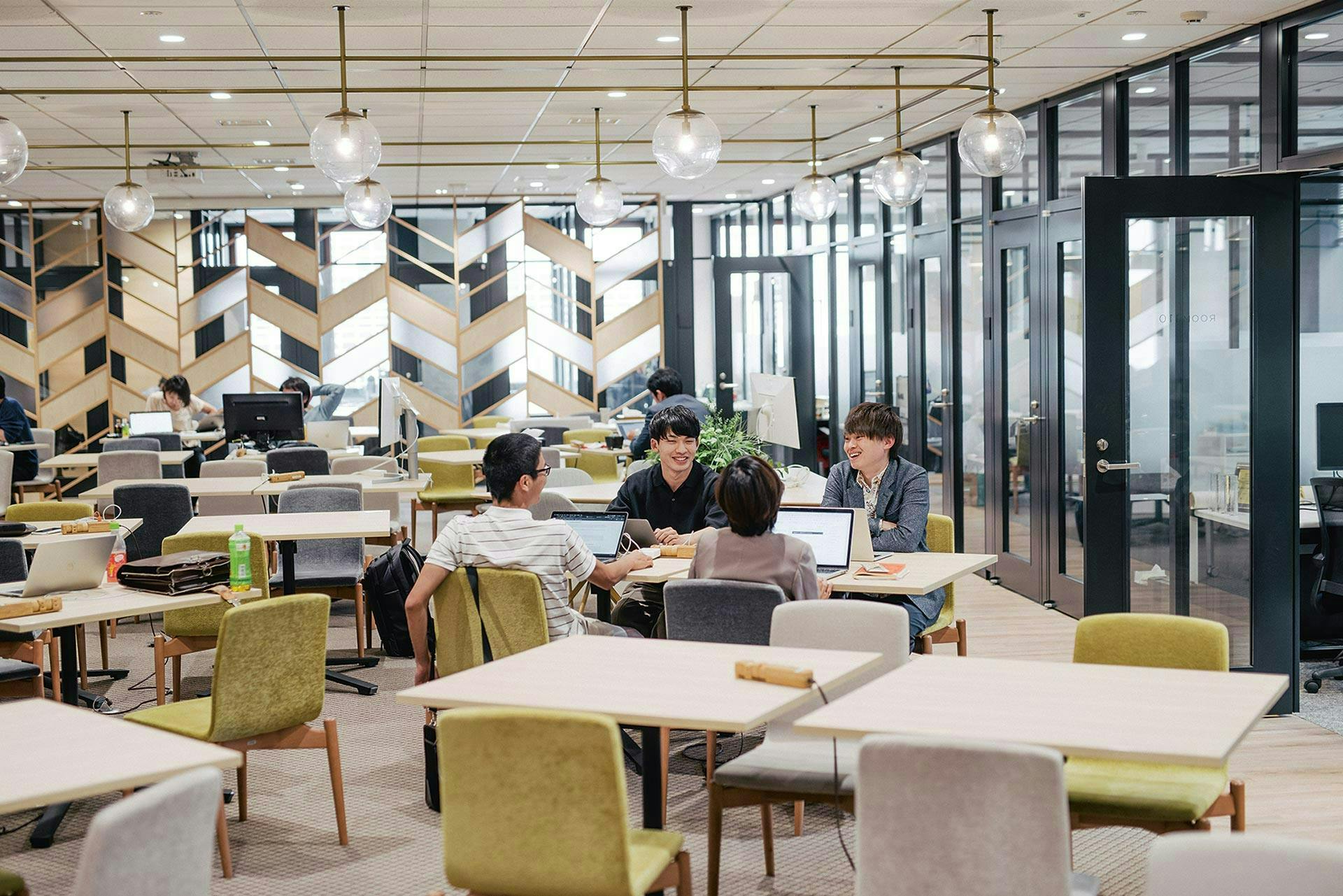
Clarity was established as a means to combat Japan’s lack of workplace mobility. By bringing transparency and choice to the country’s workplaces, workers, especially women who leave their companies to start families, have the opportunity to be opened up to career options and resources that can facilitate new career changes and ease in career moves. Clarity enables this through data collected from companies, including anonymous reviews left by former female employees. In turn, this information enables workers to make decisions about where they would like to work next.
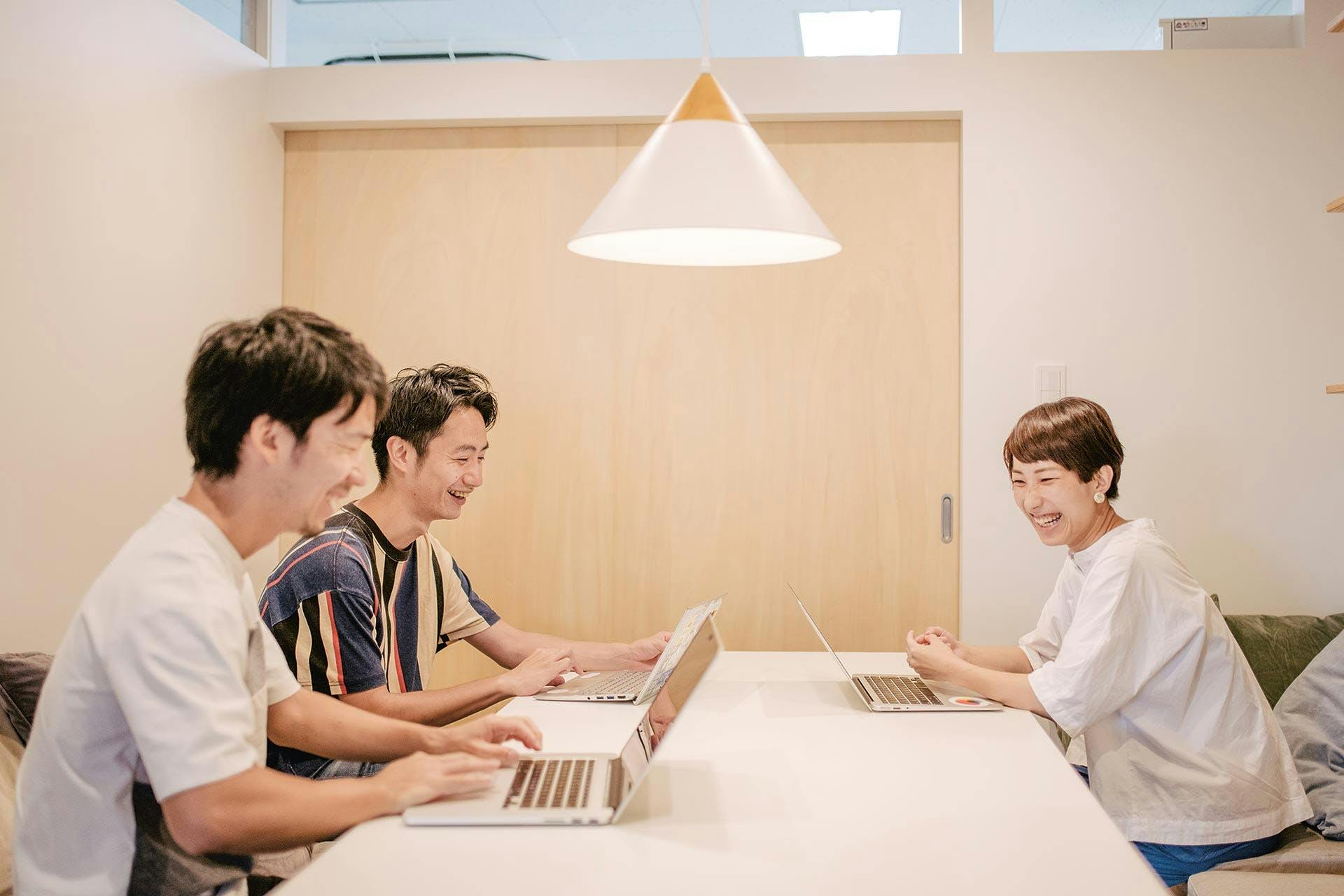
This company was born out of another, Smartmedical Corp., that used vocal emotion AI to detect negative moods from survivors of the earthquake and tsunami that shook the country in 2011, and later, refer them to mental health professionals. Empath was established as a means to provide the technology in primary care settings, but it soon expanded. Cofounder, Hazumu Yamazaki, says he hopes to continue the research on mental health by moving into other sectors. He hopes Empath can grow by dedicating more resources to mental health “through voice, visual and biometric cues.”
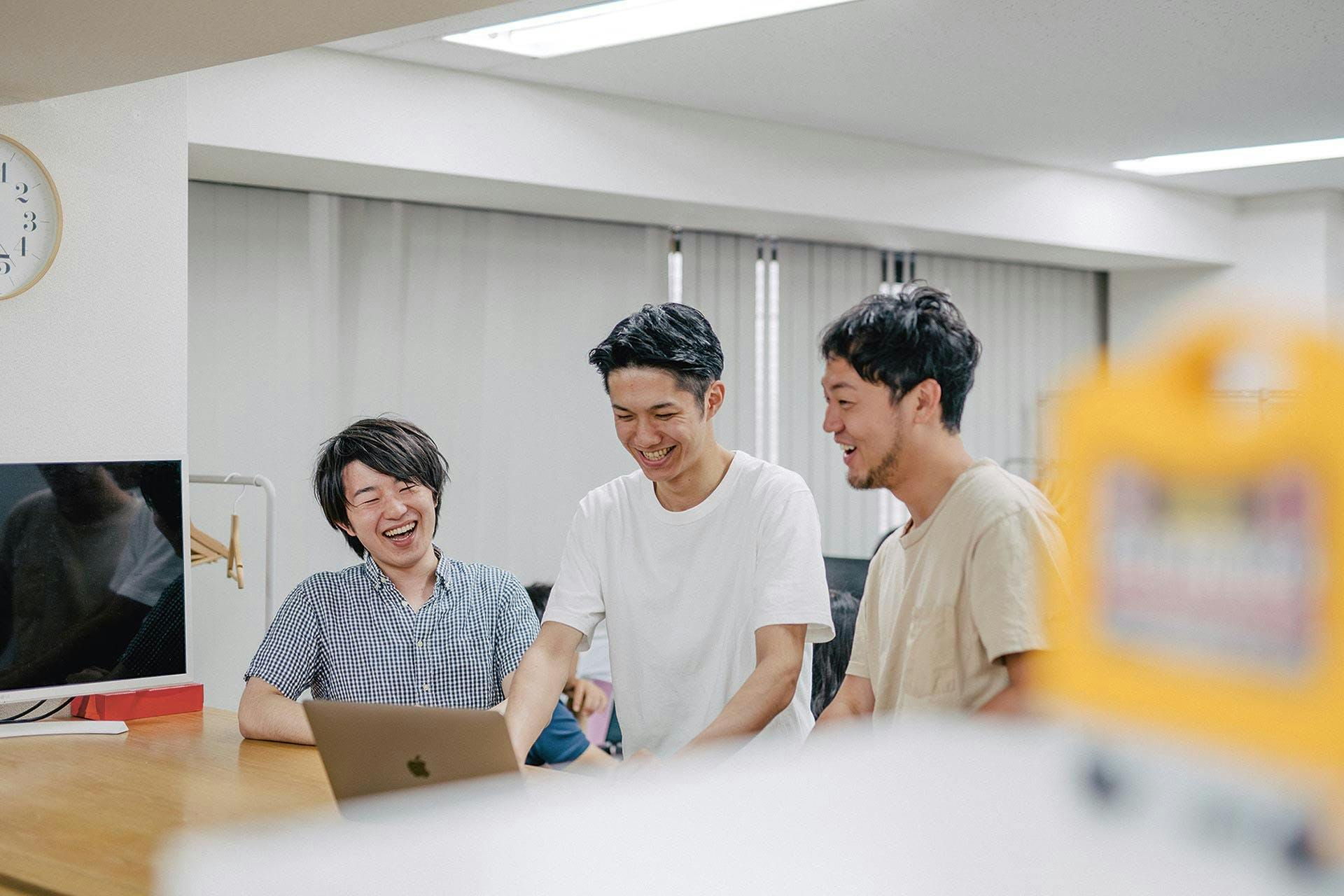
Hacobu initially began by using fleets of trucks to transport high volumes of goods between factories and warehouses. However, locating the goods in real time and communicating with drivers proved to be difficult. CEO Taro Sasaki decided to optimize the industry by using technology that would allow the parties involved to locate the goods throughout the entire transport process. Using an app called, Birth Control, also launched by Taro, manufacturers and retailers could track data about the goods through a unique ID. Through the app, he hopes that shipping companies can eliminate analog communication entirely.

This company creates a sharing economy similar to that of ride-sharing companies like Uber and Lyft, but instead of cars, ground stations for satellite operators are shared. Infostellar utilizes their own platform, StellarStation, that allows ground-station owners to sell the down time of their antennas to satellite operators and thereby, generate income. As a result, the platform optimizes communication and allows for sustainability among incumbents in the satellite industry.
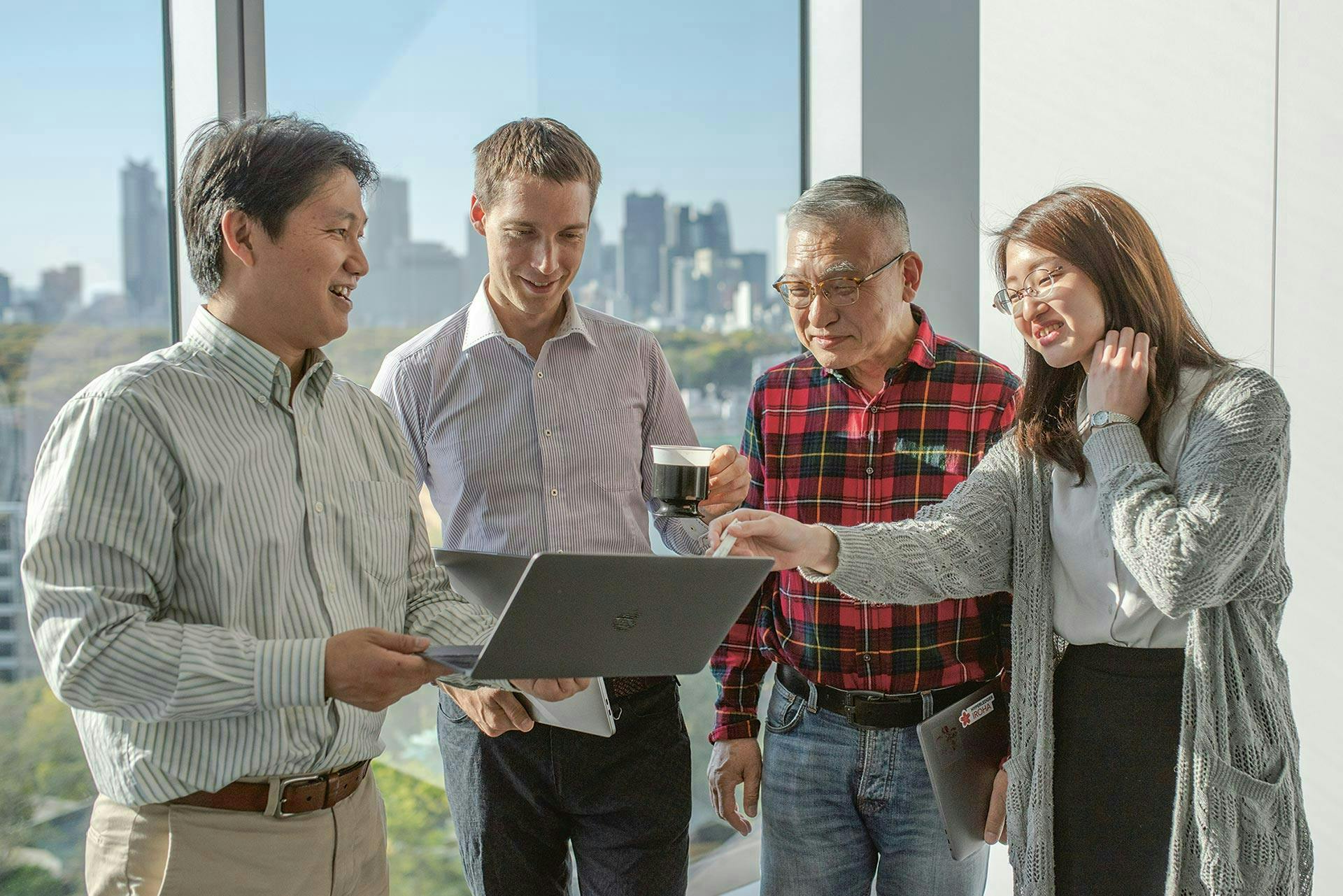
This company aims to solve inefficiencies related to fintech and identity. Their goal from the beginning was to able to create a blockchain-powered platform that would reduce the bureaucracy in the financial system; and now they have from scratch. Their identity based blockchain app enables users to register their identity and then use the platform to validate it when applying for third-party services.
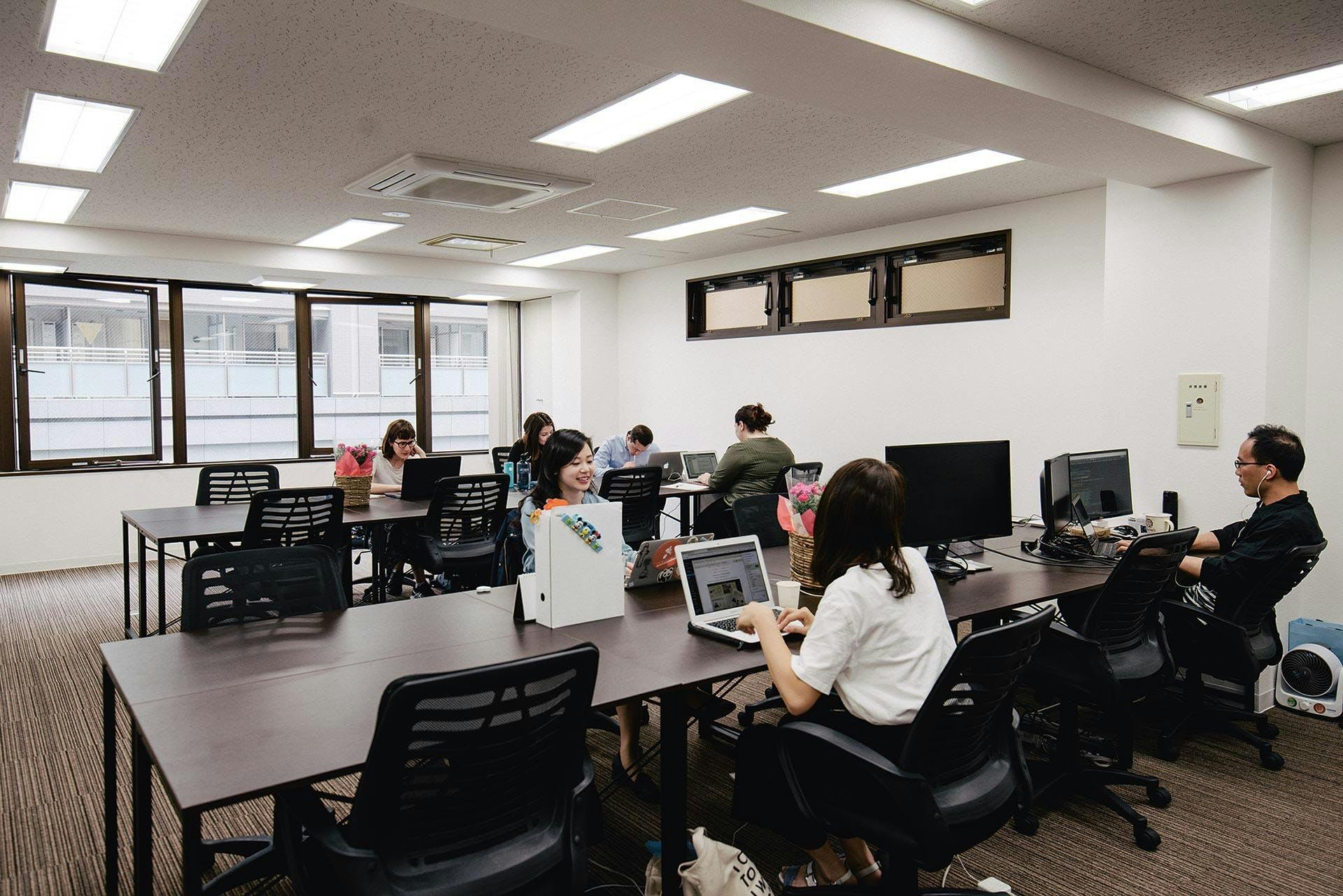
Tablecross is an app that makes restaurant reservations, but the idea goes beyond that. For every meal booked through the app, Tablecross funds one school lunch to a child in a developing country. CEO Kaoru Joho was inspired to launch the app after seeing street children search for food in the trash while she was on vacation in Cambodia. Just recently, the app merged with Tokyo byFood, a fellow shared-value business. This merger rebranded byFood’s service of offering food tours and cooking classes to foreigners in Tokyo by onboarding new food experiences in other cities, too. For every service purchased on byFood, Tablecross donates ten meals to children instead of one.
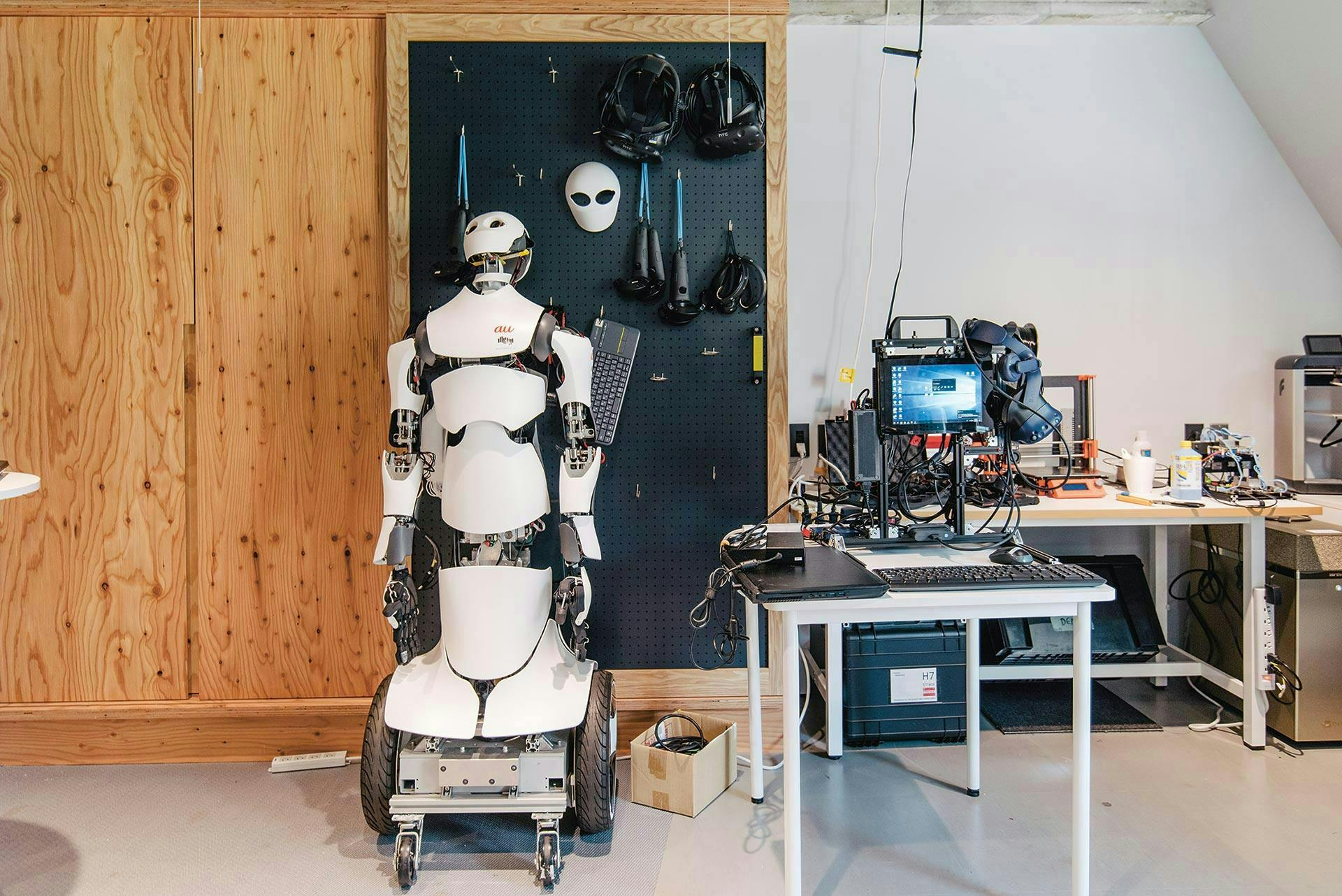
In 2017, the seed for an idea developed in 1980 became a reality. TELEXISTENCE first wanted to utilize technology as a means for users to interact with environments independent of their physical location. The redefined purpose expanded to using technology to replace humans in retail and logistics and now, to providing remote working opportunities for people anywhere in the world and using automated robots through AI.

Zehitomo launched in 2016 when the company’s cofounders noticed that local services in Japan often left a lot to be desired. Local services lacked choice, transparency and efficiency, which was where Zehitomo could come in. CEO Jordan Fisher noticed there were many talented artists, freelancers and other professionals in Tokyo, but no easy way to connect customers to them. Zehitomo’s web app provides an interface that effectively matches the customers’ needs with solutions provided by professionals in a fair way. “We want to empower freelancers in Japan, who are very good at what they do but aren’t necessarily good at marketing themselves,” Fisher says.
Main photo of Empath Inc. by Startup Guide. All photos: Startup Guide Tokyo
